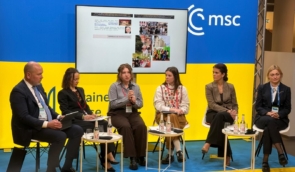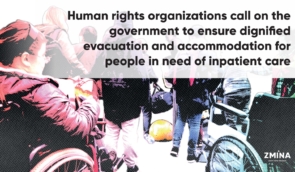Ukrainians believe in return of all occupied territories, do not want to concede anything for sake of victory – survey
The absolute majority of Ukrainians (89%) do not doubt the restoration of state control of all temporarily occupied territories, in particular Donetsk, Luhansk regions, and Crimea. Ukrainians also believe that the country should make no compromises – either regarding the loss of territories, or the refusal of NATO membership or European integration, for the sake of ending the war.
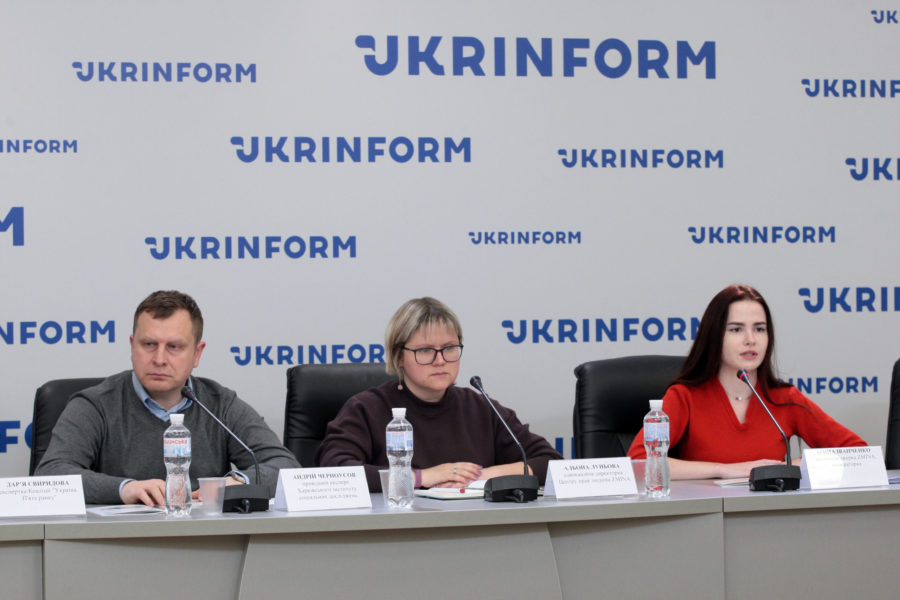
This is evidenced by the results of the “Post-war future of Ukraine” survey conducted by the Kharkiv Institute for Social Research (KISR).
The survey was conducted in November 2022 involving 3,018 respondents from all over Ukraine, except for the temporarily occupied territories.
Andriy Chernousov, a leading expert at the Kharkiv Institute for Social Research, said that the majority of Ukrainians (57%) will consider the restoration of the 1991 borders as a victory in the war against the Russian aggressor. And the recognized leadership of Ukraine in Eastern Europe will be a victory in the war for a significant number of respondents (21%).
According to Chernousov, the return of Crimea is also an important component of Ukraine’s victory because the vast majority of surveyed citizens (84%) perceive the occupation of the peninsula as part of the war with Russia.
“The majority of Ukrainian citizens (78%) believe that the state should not make any compromises/concessions to the aggressor: should not cede territories, should not abandon the movement towards EU and NATO, should not grant any special status to temporarily occupied territories. We are observing a record-high unity regarding such issues as European integration and joining NATO in the entire history of independent Ukraine,” Chernousov noted.
In addition, Ukrainians mostly have no illusions about the country’s post-war reconstruction and name the most significant threats: too devastating infrastructure damages (59%), corruption (59%), and lack of state budget funds (45%).
Also, the KISR survey showed that the vast majority of Ukrainians (85%) believe that it is worth maintaining relations with the residents of the temporarily occupied territories of Ukraine.
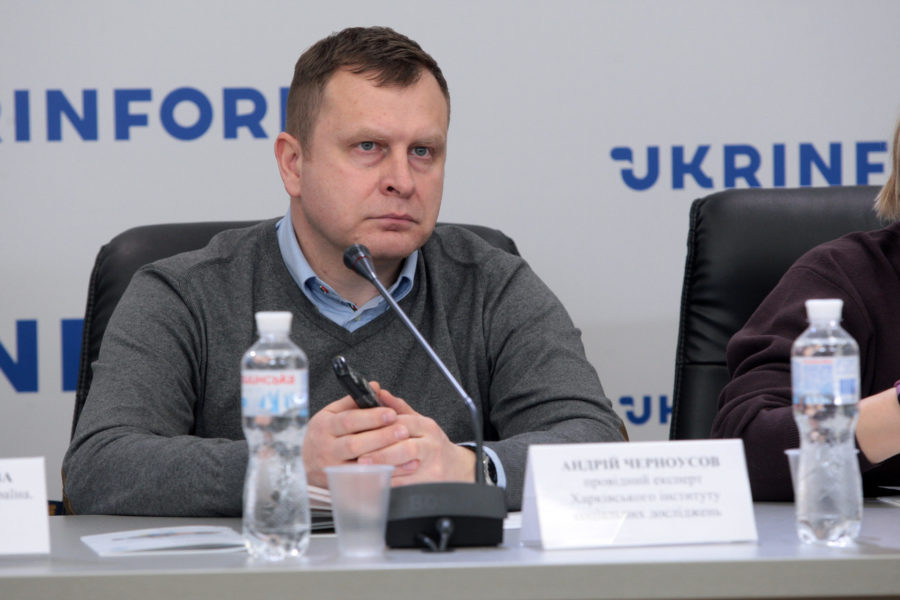 Andriy Chernousov
Andriy ChernousovAccording to Alyona Lunyova, advocacy director at Human Rights Centre ZMINA, the maintenance of such ties remains relevant for the population for many years.
In addition, KISR sociologists studied the Ukrainians’ attitude to the citizenship of the aggressor state obtained in the occupied territories. According to the survey results, a large part of respondents does not recognize this as citizenship at all and accordingly suggest ignoring these “papers”. Many are ready to justify obtaining Russian passports if it was done under duress and for the sake of survival under occupation.
“Compared to 2021, this year the number of people who do not recognize the citizenship obtained in the occupied territories has increased, and the number of those who treat the acquisition of such citizenship with understanding has decreased. But at the same time, although not significantly, the number of those who consider obtaining Russian citizenship a crime has increased. For example, regarding Crimea, 9.9% thought so in 2021 and 14% in 2022,” Alyona Lunyova comments.
She adds: it is important that the legislation of Ukraine clearly outlines the state’s position that the forced acquisition of Russian citizenship by Ukrainians during the occupation is not recognized by Ukraine and is not a reason for the loss of Ukrainian citizenship.
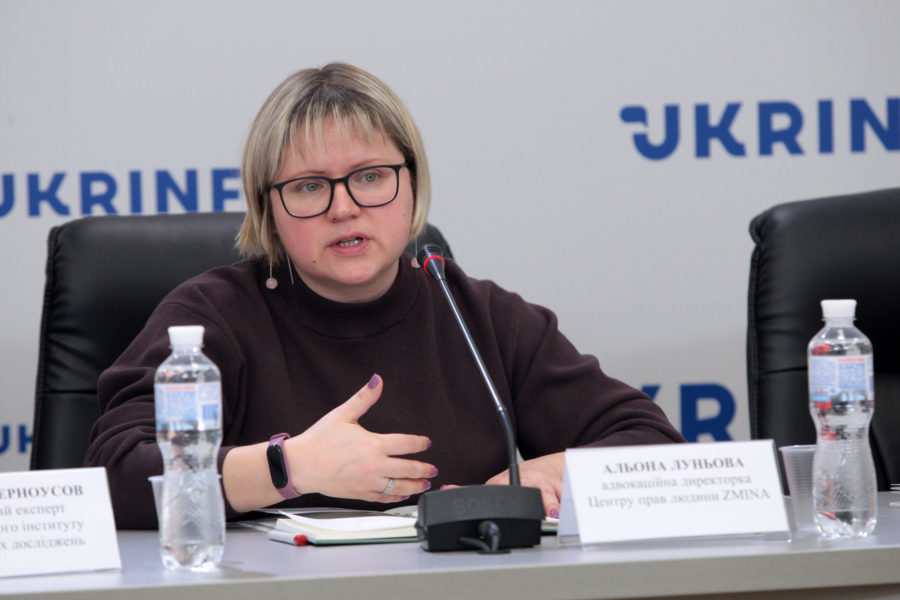 Alyona Lunyova
Alyona LunyovaAccording to Darya Svyrydova, Ukraine 5 AM Coalition expert, the incredible scale of Russia’s crimes is a significant challenge for the justice system which needs to be strengthened.
“The survey showed: 76% of citizens see justice within the framework of national legislation and Ukrainian court with the possible involvement of foreign specialists. And only 14% of respondents expect that such justice should be administered with the help of international tribunal,” Svyrydova said.
The survey also revealed the attitude of Ukrainians to collaborationism, i.e., cooperation with the aggressor state to the detriment of Ukraine. The respondents consider the members of illegal armed formations, combatants, managers, and employees of the occupation authorities to be collaborators. The respondents believe that such persons should be held criminally liable. At the same time, 28% of respondents believe that all ordinary citizens who cooperated with local authorities during the occupation should be punished.
Svyrydova considers that Ukraine has quite poor legislation on collaborationism which actually allows to prosecute for collaborationism potentially anyone and for any actions in the occupied territories. Such approaches not only hamper the development of justice in the aftermath of the war but also significantly hinder the reintegration processes, Svyrydova added.
Survey results in detail are available in English.
If you have found a spelling error, please, notify us by selecting that text and pressing Ctrl+Enter.


